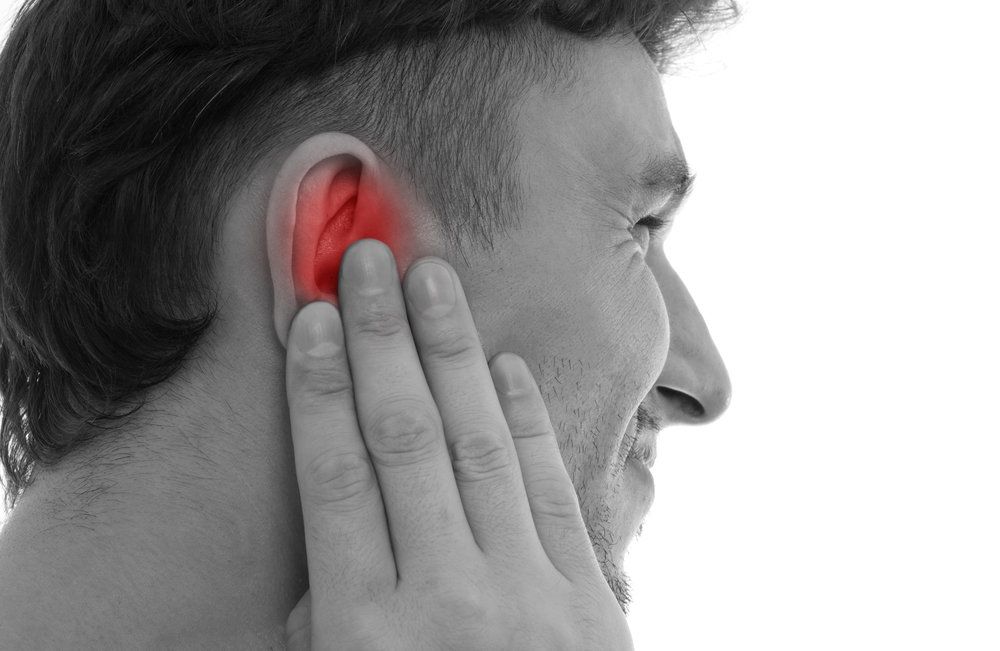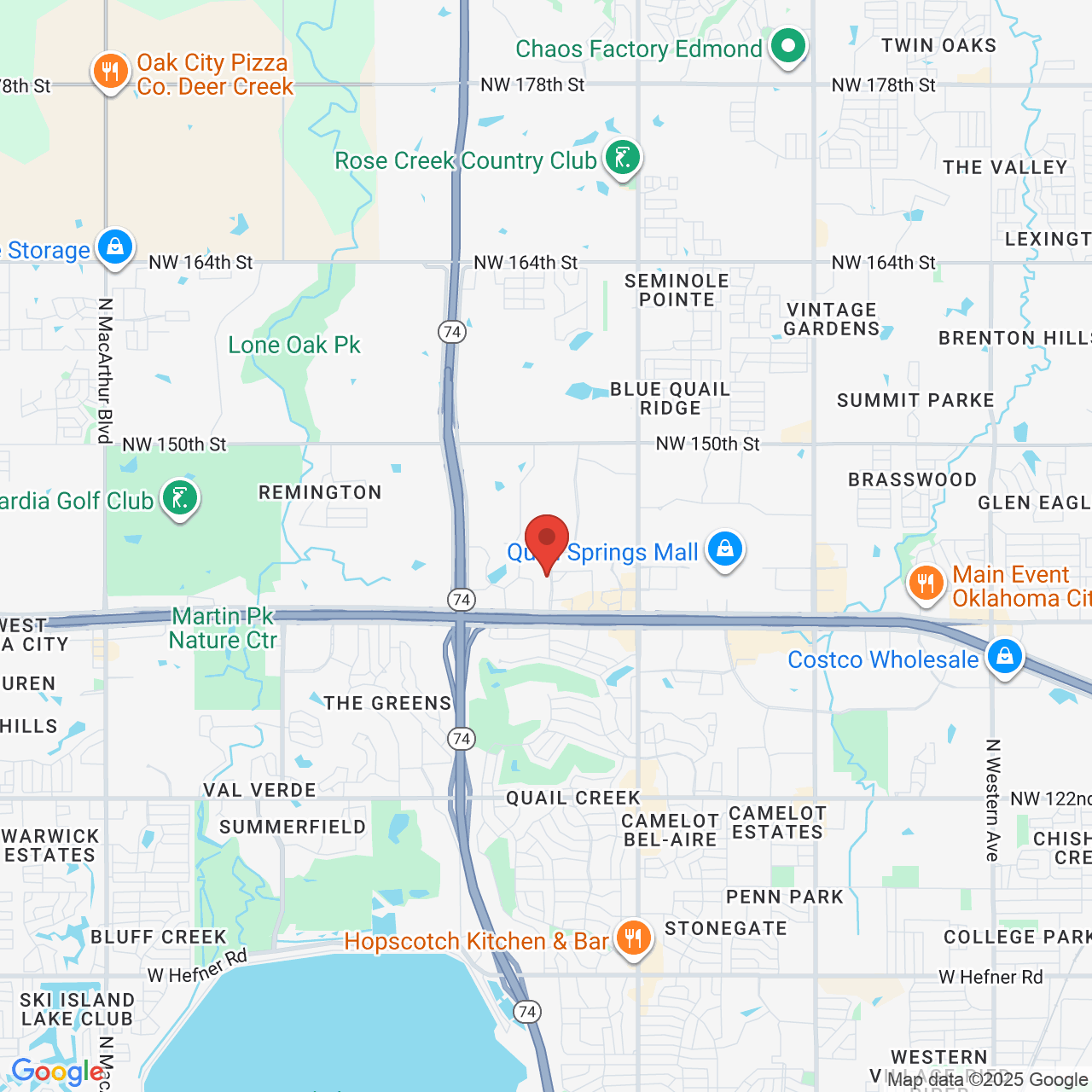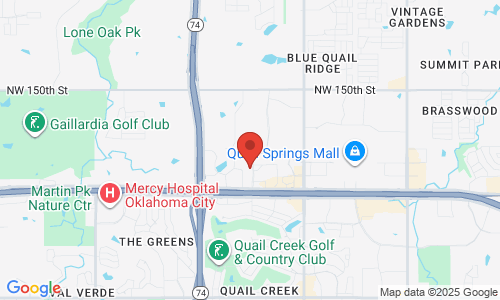Construction Accidents and Hearing Loss
 Construction accidents can cause serious injuries. From moving objects and heavy machinery to sharp tools and chemicals, there is no shortage of hazards in the construction industry. One hazard that is frequently overlooked is noise.
Construction accidents can cause serious injuries. From moving objects and heavy machinery to sharp tools and chemicals, there is no shortage of hazards in the construction industry. One hazard that is frequently overlooked is noise.
Loud work conditions are common at construction sites, and often result in hearing loss. If you suffered a hearing loss injury at a construction site, you are not alone, as these injuries are common throughout the United States.
In this blog post, the attorneys at The Tawwater Law Firm in Oklahoma City, OK discuss construction accidents and hearing loss, and when you may be entitled to compensation for your injury.
An Overview of Workplace Hearing Loss
Hearing loss describes any type of damage to your ability to hear, whether temporary or permanent. It is the result of damage to organs and bones in the middle ear.
Mild damage may not permanently reduce your ability to hear, but may result in tinnitus (a ringing sound in the ears). More severe damage can cause permanent injury, making you unable to hear noises in certain ranges or volumes.
Signs Your Workplace Is Too Loud
The warning signs of hearing loss are important to consider, as they provide you an opportunity to prevent short- and long-term damage before it happens. Your workplace might be too loud if:
- You have to raise your voice to speak to a co-worker who is nearby
- You hear humming or ringing sounds in your ears after work
- You experience temporary hearing loss after you leave the construction site
- You have difficulty communicating with others, and often ask people to repeat themselves
Employer Responsibilities in Preventing Hearing Loss
It is your employer’s responsibility to make sure that you and your co-workers are educated on all aspects of safety, including hearing protection. Occupational Safety and Health Administration (OSHA) standards dictate steps employers must take to protect their employees from hearing loss. OSHA regulations require that employers provide hearing protection to all workers who are exposed to a time-weighted average (TWA) of 85 decibels or greater over eight hours.
In addition to providing hearing protection devices, employers should engineer mechanical steps to reduce noise. This may involve choosing low-noise tools and placing barriers that isolate loud noises from employees. Employers should also implement administrative controls to limit how long noisy machines are used and restrict workers from getting within a certain proximity of those machines.
How a Construction Accident Attorney Can Help
If you suffer a hearing loss injury at work on account of your employer’s negligence, an Oklahoma City construction accident lawyer can help by establishing that your employer was at fault. If, for example, employers disregard OSHA regulations or fail to warn you about dangers from noise in the workplace, they may be liable for your injury. As a result, you could receive significant compensation.
Contact a Construction Accident Attorney
If you are the victim of a hearing loss injury at a construction site, contact The Tawwater Law Firm. We will work to establish that your employer was at fault for failing to protect your hearing. Call us at (405) 607-1400 or contact us online now.



